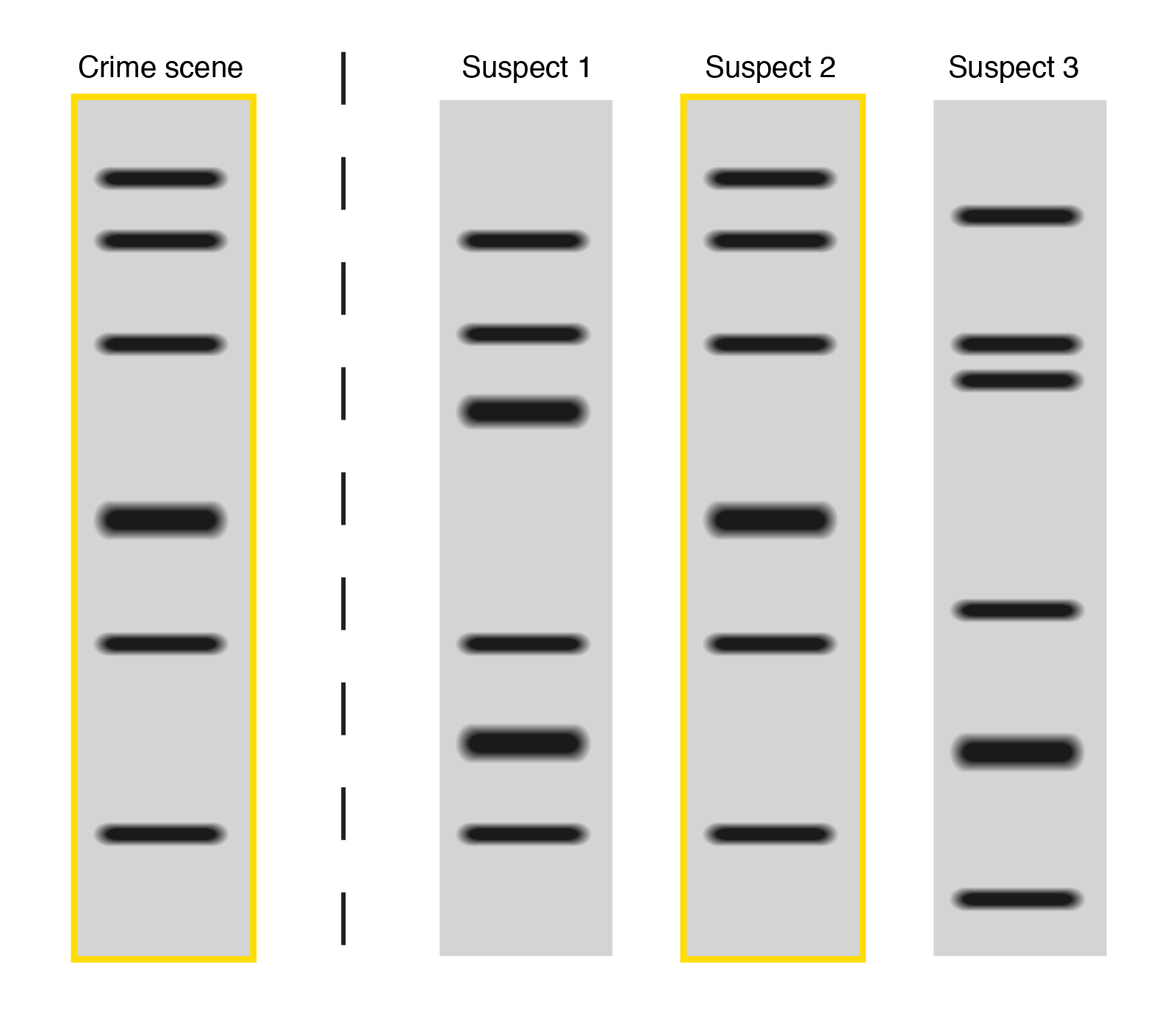https://cn.nytimes.com/china/20201118/china-fat-shaming-rmart-rotten/en-us/
Sorry that this is the Hong Kong version of an article in NYT that describes the Taiwanese merchant RT-Mart having relabeled its "large" women's line "Rotten", "Extra Rotten", and "Rotten to the Core." It is called "fat-shaming" because smaller-sized women get to select from "Slim" and "Beautiful" sizes. I just wonder are they going to do this with men's clothing also, "John Deere", "18-Wheeler", "Butt Crack", etc. A nice trend.
https://www.nytimes.com/2020/11/24/world/covid-mutation.html
A NYT article about the controversial mutation 614G, which makes the coronavirus or Sars-Co-V2 more contagious. Earlier reports about this mutation said the virus had become "more virulent". Viruses do mutate at alarming rates and not all mutations increase either the virulence or the contagiousness. The first reports of this mutation were from tissue cultures and experts were dubious but this new research involving genetic analysis of human lung tissue, showed that the 614G variant may infect people more easily than the original isolate from Wuhan. A quote from David Engelthaler, a geneticist at the Translational Genomics Research Institute in Arizona, "It could be that this mutation is what made the pandemic."
https://www.nytimes.com/2020/11/23/opinion/brain-neuroscience-stress.html
This is an Op-Ed by a psychiatry professor at HMS, MGH and Northeastern introducing the idea of "brain-budgeting". She posits the idea that your brain runs the body using a budget, allocating resources where they are needed. (Glucose, water, salt.) Spending resources withdraws from your bodily account and replenishing resources involves sleeping, eating, etc. Even though this is sort of a simplistic version and the brain in more complex than that, she maintains that "every thought you have, every feeling.....is part of your brain's calculations as it allocates and budgets you metabolic needs." This is kind of a reductionist argument, because your brains does more than direct metabolism but this argument beats the Triune brain argument that the brain is made by the deposition of layers like sedimentary rock, representing a reptilian, mammalian and human layering. That to me seemed like a Just So story.
She has a new book "71/2 Lessons About the Brain"
https://www.nytimes.com/2020/11/20/health/covid-vaccine-95-effective.html
This is a Carl Zimmer article about the recent reports by Pfizer, Moderna and now A-Z about the amazingly successful efficacy rates of their vaccines. Since the data wasn't presented at the time and there was only a press release, it seems like it was addressed to the stock market, which is irresponsible. 95% sounds great but as the article says it doesn't tell you your chances of getting sick if you get vaccinated (do get vaccinated). Efficacy and effectiveness are different and effectiveness is what we care about, not just clinical trial results, even though they are encouraging. This has to do with the fact that people who sign up for the trials are not a great reflection of the population. The actual population will include people with chronic health problems and cohorts that do not sign up for trials as has been seen historically (children, African-Americans, elderly.)
One of the great talents of this virus is the asymptomatic spread. Possibly people who got vaccinated got infected without realizing it. So, there's the rub. Also, if these asymptomatic people get vaccinated and stop wearing masks or being safe, they could spread the virus to others. And, the endpoints that these pharmas are measuring in the trials are also important and whether they test all vaccinated people for virus or just people who are symptomatic. Long story long.
https://www.nytimes.com/2020/11/20/health/tuberculosis-ai-apps.html
Another NYT article but NOT about Sars-Co-V2! This is a report about the use of algorithms to battle TB. A new app on a phone is able to scan an x-ray for signs of TB, Covid-19 (I lied) and 27 other conditions. TB is the most deadly infectious disease in the world, killing 1.5 million people last year. The app is called qXR and is an important AI-based tool for screening and diagnosing TB. It uses an algorithm instead of a radiologist, although the machine plus the clinician is the best at diagnosing. This app will be useful in underserved areas but the x-rays also carry signs that are too subtle for a non-expert to diagnose. qXR scans the x-rays and assigns the patient a score. Doctors then perform further tests. This app will also help diagnose pediatric TB, which is difficult to diagnose.







